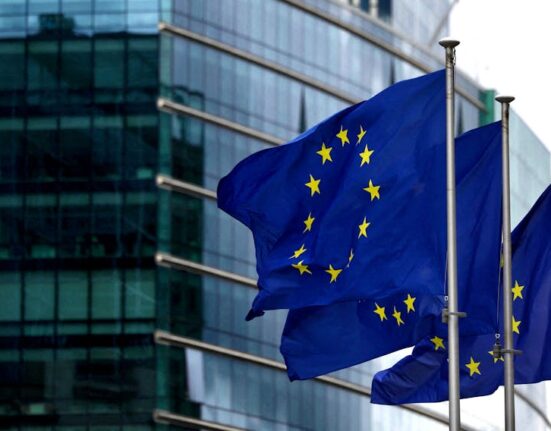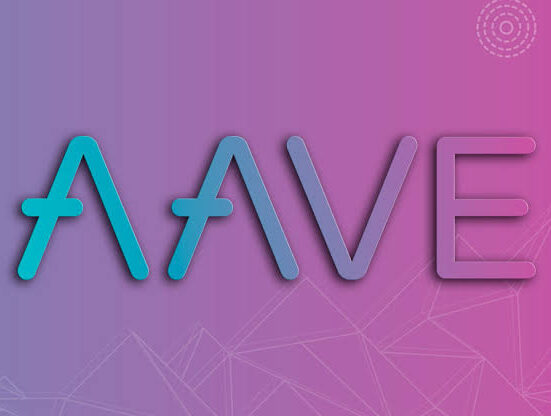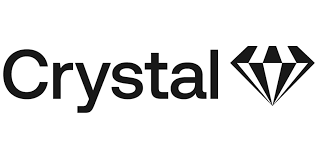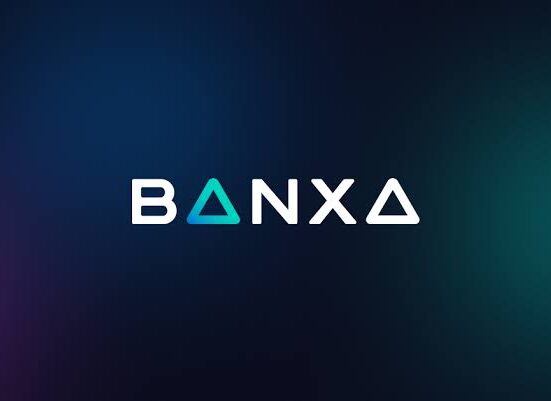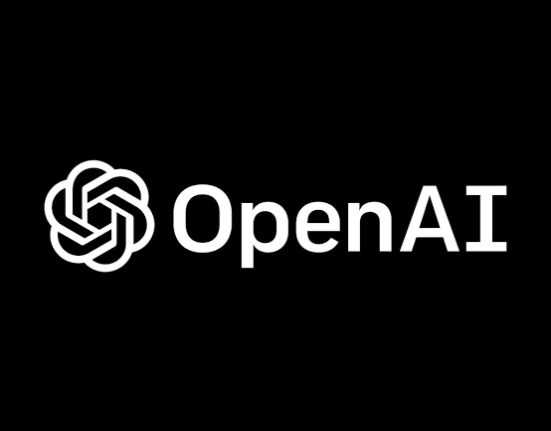EU’s crypto-AML body will have its headquarters in Frankfurt.
The new Anti-Money Laundering Authority (AMLA) of the European Union will have its main office in Frankfurt, Germany’s financial center.By the middle of 2025, the supervisory body will be operational.If they operate internationally or are deemed high-risk, “high-risk and cross-border financial entities”—including cryptocurrency companies—will be subject to AMLA supervision.It will work with regulators and financial intelligence units in other EU nations to coordinate its supervision efforts.Frankfurt was named as the preferred location for the new agency’s headquarters in a news statement issued by the European Council and the Council of the EU on February 22.Situated in the city is also the European Central Bank.Alternative destinations that were shortlisted were Brussels, Dublin, Madrid, Paris, Rome, Riga, Vilnius, and Vienna. The executive board of the AMLA will consist of five full-time independent members in addition to the chair. The general board will be composed of representatives from financial intelligence units and regulators in each of the EU member states. June 2023 saw the implementation of the first comprehensive EU crypto framework, the Markets in Crypto-Assets (MiCA). However, June 2024 is anticipated to see the application of regulations governing “asset-referenced tokens” and “e-money tokens,” which essentially come under the category of stablecoins.In December 2024, regulations pertaining to “crypto-asset service providers,” encompassing trading platforms, wallet providers, cryptocurrency exchanges, and related services, will come into force.In the meantime, the EU has been hard at work developing rules pertaining to the application of artificial intelligence (AI).The European AI Act is the first piece of AI-focused legislation in the world. The preliminary agreement was adopted on February 13 by the Internal Market and Civil Liberties Committees of the European Parliament. The EU AI Act seeks to address generative AI models by establishing protections, such as copyright protection for creators.Additionally, it outlaws AI applications like social scoring and biometric categorization that endanger citizens’ rights.April 2024 is the planned date of the AI Act’s first legislative vote.


